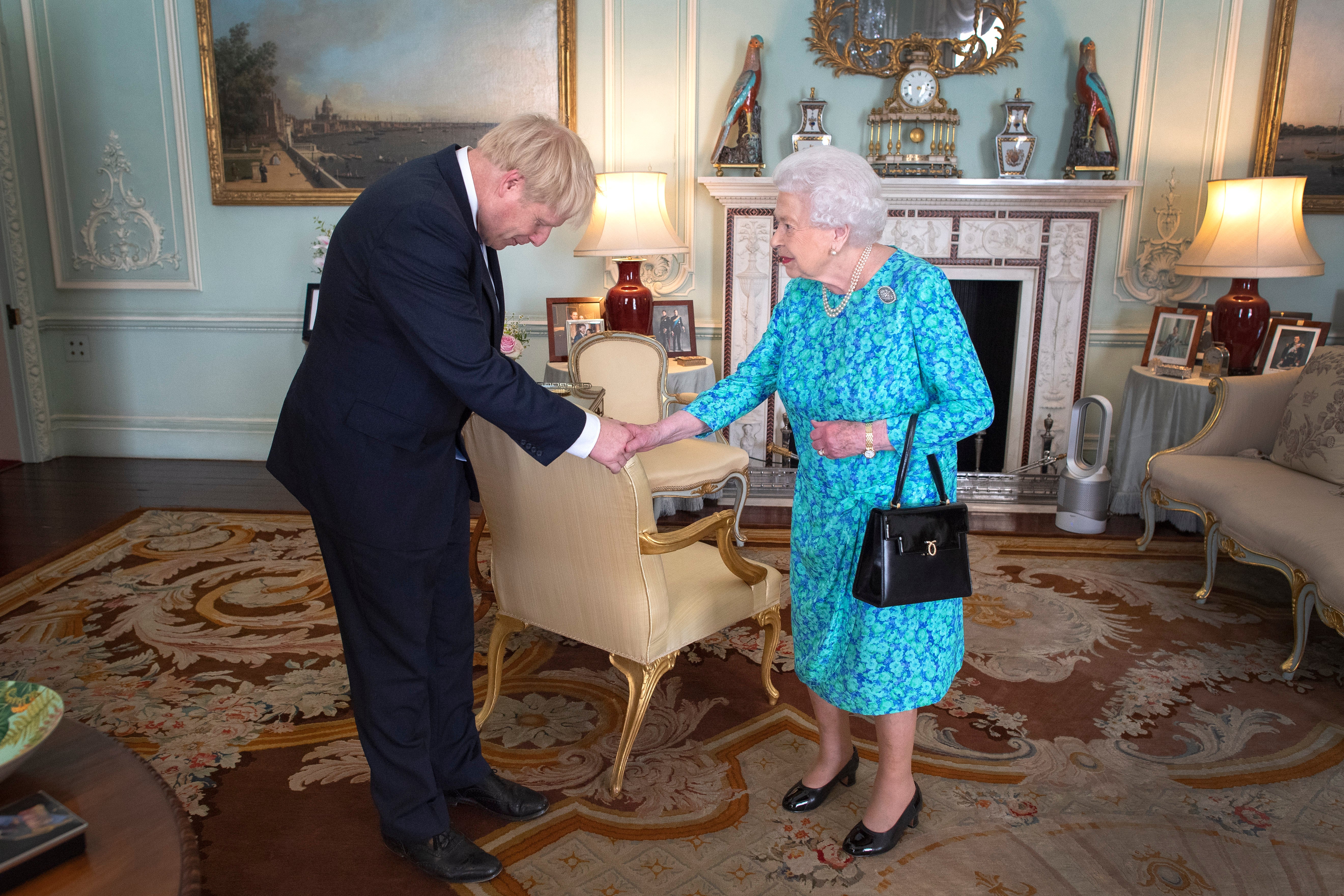The late Queen was an exemplary professional and Britain is better off for it
Elizabeth II understood the limits on her powers and the complexities of a democratic nation, providing strength through continuity, writes Margaret Jay, former lord keeper of the privy seal

In the 21st century, to be an outstanding constitutional monarch sounds a pretty dry and dusty ambition. It’s not a role that trades on celebrity or fashion. It’s based on the complex understanding of our unwritten constitution, not some catchy mission statement.
It was this serious and undramatic role that the Queen played superbly over her long reign and which gave her experienced authority, and substantial influence, on the governance of the United Kingdom. She appeared to understand innately the limits on her powers in a sophisticated democracy; to appreciate that to reign, but not to rule, lends the strength of continuity.
The head of state need not be the head of government to have a significant role in our constitution and, in the case of the Queen, I saw this at first hand both as the leader of the House of Lords and as a member of the privy council.
The Queen was obviously extremely careful that we didn’t know her views on controversial political issues. When David Cameron was caught on camera revealing that she had “purred” at the Scottish referendum result in 2014, it was a very rare indiscretion. There were no “black spider” letters to the cabinet from Her Majesty, even when her own interests might have been involved.
When I took the 1999 House of Lords Reform Act through parliament, it was widely portrayed as a fundamental attack on the traditional establishment. The alarmist question was: if the automatic rights of hereditary peers could be abolished, would the monarchy be next? The furore was enormous, but the only open concern from Buckingham Palace was a polite enquiry, over lunch with a private secretary, about the future status of the royal dukes. The Queen clearly understood, better than many commentators, that her role in parliament was unchallenged.
At privy council meetings where her formal decision was required, the Queen took an interest in the current topic, asked intelligent questions but never expressed a personal opinion. She managed to give the impression that she was anxious not to take up the valuable time of busy ministers. “Well, I mustn’t keep you” was often her conclusion, as she rang a bell for us to be ushered out.
I remember being especially grateful for this briskness at the most bizarre privy council gathering I ever attended – held on the tarmac at Heathrow Airport. The foreign secretary of the time, Robin Cook, and I waited in a windswept corner for the Queen’s flight to arrive from Balmoral. She needed to sign some papers before boarding another plane for an overseas tour.
First off the Scottish plane was a pack of corgis, who barked cheerfully round our feet as the wind blew strongly. The business was, as usual, transacted swiftly and efficiently by Her Majesty before the documents could either blow away or be chewed up by her dogs.
The Queen’s working relationships with the 14 prime ministers of her reign (we’ll exclude Liz Truss, who became PM only shortly before the Queen’s death) were at the heart of her political influence. If one believes the memoirs and the contemporary briefings, all 14, from Sir Winston Churchill to Boris Johnson, found their weekly private conversations with the sovereign both helpful and illuminating. She, after all, opened more red boxes and studied more policy papers than any of the passing politicians.
Her capacity to listen wisely and observe shrewdly, and above all to be both dispassionate and disinterested, was her greatest public service
Against the obvious stereotype, it seems the Queen did not always find Tory prime ministers the easiest to work with, or the most congenial. Indeed, it was often said that Harold Wilson, the brilliant, wily northerner, was one she especially appreciated.
She certainly seemed to get along cheerfully with my father, Jim Callaghan, and I enjoyed his stories of the two of them singing hymns together as they drove through the Highlands on the prime minister’s annual visit to Balmoral.
Whatever the personal political relationships, there is general agreement that professionally the Queen was exemplary. Her capacity to listen wisely and observe shrewdly and, above all, to be both dispassionate and disinterested, was her greatest public service.
I find it difficult to imagine a superannuated partisan figure like a president doing it so well. But I’m very unsure about the future – unsure that Elizabeth II’s demonstration of how to be an effective, modern constitutional monarch will survive her. Certainly, the debate about what Britain wants from a head of state in the coming decades should start now.
Baroness Margaret Jay is a British politician for the Labour Party and former BBC television producer and presenter
Join our commenting forum
Join thought-provoking conversations, follow other Independent readers and see their replies
Comments
Bookmark popover
Removed from bookmarks